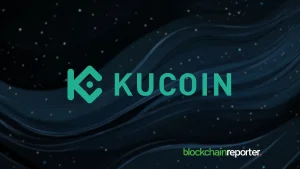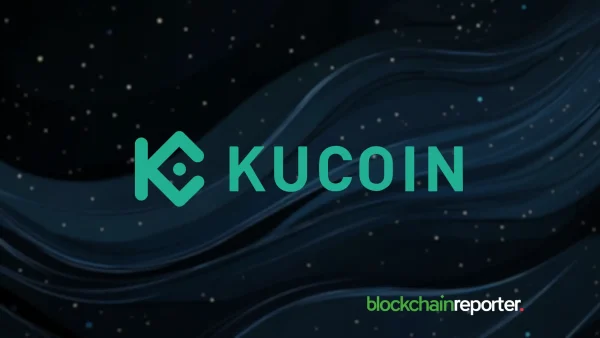
- The UK Royal Mint has shelved its plans to create a digital token after a partnership with CME fell through
- Official Monetary and Financial Institutions Forum (OMFIF) alongside IBM recently said that that central bank digital currencies (CBDCs) can be used to improve cross boder trading.
The Royal Mint in the U.K. is making plans to put on hold a digital gold token called Royal Mint Gold (RMG) as reported by Reuters this Thursday. The news comes after a planned partnership with CME failed to bear fruit.
This move spells out the weariness on the government side in dealing with highly unregulated crypto trade which hit the limelight last year after bitcoins stellar performance in the market.
Market conditions disappointing
Other competitive mints and fintech startups are engaged in a race to set up similar product, in the process squandering chances of Britain’s mint pioneering in the field to establish gold as a multi-billion dollar digital asset class.
This signifies a break down in enthusiasm geared towards digital assets at the CME. According to Reuters, the Mint said;
“Sadly, due to market conditions, this did not prove possible at this time, but we will revisit this if and when market conditions are right.”
In 2016, the 1100-year-old mint announced plans to issue tokens worth $1 billion a platform based on blockchain trading run by CME indicating that it would be easier for investors to trade and buy physical gold held in their vaults.
CME decided to pull out of the project at the last minute, leaving the mint without a trading platform for its Royal Mint Gold token.
“CME’s management changed, and they walked away, didn’t want to get involved,” one of the sources said.
Central Bank Digital Currencies (CBDCs) Can be Used to Improve Cross Border Trading
Official Monetary and Financial Institutions Forum (OMFIF) in conjunction with IBM recently said in a survey that 54 percent of central banks noted that central bank digital currencies (CBDCs) can be used to improve the speed, resilience, and efficiency of cross- border trade.
The organization further noted that respondents viewed smart contracts optimistically as it offers central banks “flexibility in payment and settlement processes.” Respondents included the South African Reserve Bank, bank of Finland, and Banco Central do Brasil.







